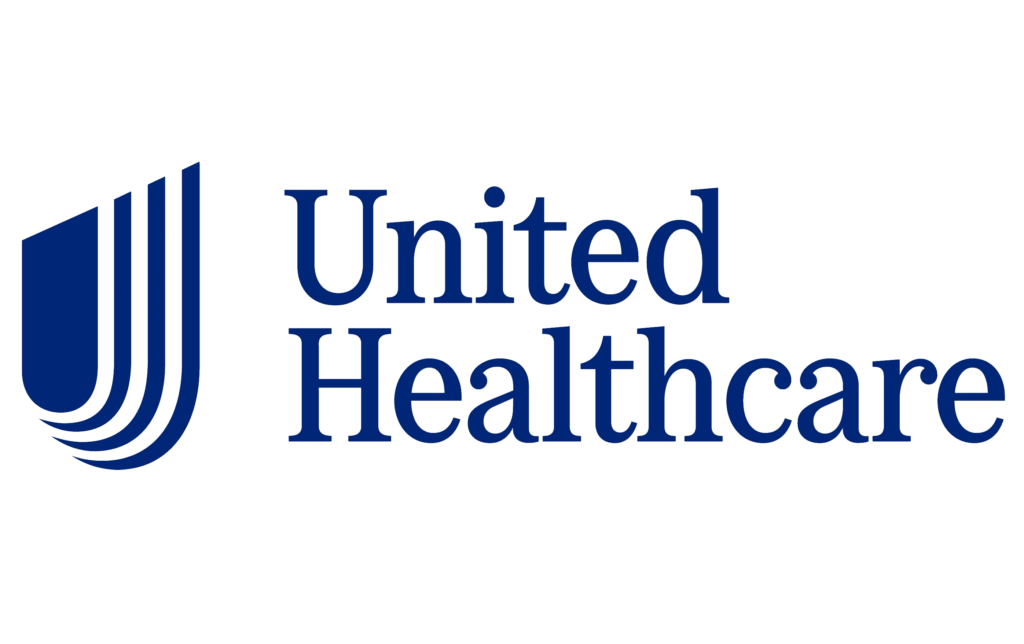





Explore health plans
Get the most affordable health insurance with HippoHealthPlans
We’re changing the game with our innovative, fast and easy health insurance. No more waiting weeks to get a quote or going through tedious forms. We do it all in one phone call! Get customized coverage that fits what matters most about you—the language YOU speak–at an affordable price – without ever leaving home (or checking out of work). The future has arrived today when getting quality healthcare starts becoming easier than EVER before…
Over 1500 certified instructors nationwide
100% customer satisfaction guaranteed
National Insurance Company of the Year
Best Rates & Coverage Nationwide
Ready to compare quotes and save?
Compare Quotes and get your Insurance in Right Way

01. Call Our Toll Free Number
Call our toll free number attended by highly qualified health insurance agents with years of industry experience.

02. Submit Your Minimal Details
Tell our agents little bit about your health history like your age, weight any known health issue etc.

03. Compare Affordable Ready Quotes
Our agents will provide you a no-obligation instant quote which will be lowest in the market.

04. Pick Your Policy Instantly
Provide your essential details and within couple of minutes you get your health coverage from day one.
Request a Quote
Get Health insurance instantly -
What does our health insurance cover?
Essential health benefits are minimum requirements for all Marketplace plans. Specific services covered in each broad benefit category can vary based on your state’s requirements. Plans may offer additional benefits, including:
- Preventive Care
- Doctor Visits
- Oral Health Screenings
- Orthodontic Care
- Vision Screenings
- Prescription Glasses
- Hospital Stays
- Prescription Drugs
Already have car insurance? Switching is easy
We've got answers
Frequently Asked Questions
1.How Should You Shop for Health Insurance?
When shopping for a health policy, there are several factors to consider. Your location matters, as health plan offerings differ by state and region. Also, think about how often you intend to use healthcare services. If you have a chronic condition and visit the doctor regularly, you’d likely need a different type of plan than if you only had preventive care appointments. Finally, look at the financial and customer satisfaction ratings to determine the strength of the insurer.
2.When Can You Buy Health Insurance?
Typically, you can buy a health insurance plan during the open enrollment period, which takes place in the fall, generally, between November 1 and January 15. You may also be able to buy health insurance when you have a qualifying life event — for example if you have a baby or get married or divorced.
3.How Does Health Insurance Work?
Health insurance works by allowing you to budget for medical expenses so you don’t have to pay the entire cost out of your own pocket if a medical emergency occurs. You (or your employer) have a set amount to pay either monthly or when you access services through health insurance, and the health insurer pays the rest for covered services. By knowing how much you would be responsible for when accessing health services, you can be more financially prepared when you need care.
4.How Much Does Health Insurance Cost?
Health insurance consists of several different costs. A health insurance premium is an amount you pay your insurance provider each month, whether you go to the doctor or not. A deductible is the amount you pay when you receive covered healthcare services before your insurance kicks in. High-deductible plans require you to pay a higher deductible than other types of plans. Coinsurance is a percentage of covered health services that you must pay for while the insurer pays the rest. A copayment is a set amount you pay for covered services once your deductible has been reached.
5.What Are the Ratings?
Ratings provide insight into a company’s financial strength and its reputation with customers. To evaluate insurers’ financial strength ratings, we checked with credit rating provider AM Best. For insight into customer service, we looked to the National Committee for Quality Assurance (NCQA — a health plan accreditation company), the American Customer Satisfaction Index (ACSI), and rating company J.D. Power. We turned to the National Association of Insurance Commissioners (NAIC) Complaint Index to understand customer complaints.
6.Do all health insurance plans cover maternity care?
Nearly all plan cover maternity. Since January 2014, the ACA has required all newly issued and renewing individual and small group health insurance policies to provide maternity coverage.
7.Are dental benefits included in marketplace plans?
Pediatric dental is one of the ACA’s essential health benefits. But there’s no requirement that dental care for adults be covered.
8.Who should consider a high-deductible health plan?
If you’re healthy – or sick – and have some money saved or plan to save some in the coming year, you might want to consider a high-deductible health plan (HDHP). Yes, that’s a pretty broad description, but HDHPs can work well for people in various situations – they’re worth considering even if you have high medical costs!
9.Can I use my Medicaid coverage in any state?
No. Because each state has its own Medicaid eligibility requirements, you can’t just transfer coverage from one state to another, nor can you use your coverage when you’re temporarily visiting another state, unless you need emergency health care.
10.Does the IRS still enforce the individual mandate?
The individual mandate — which requires most Americans to maintain health coverage — still exists. But starting with the 2019 tax year, there is no longer a penalty for non-compliance with the individual mandate. This is due to legislation that was enacted in late 2017; it eliminated the penalty as of 2019, but did not eliminate the actual individual mandate itself. So technically, the law does still require most Americans to maintain health insurance coverage. But the IRS no longer imposes a penalty on people who don’t comply with that requirement.

